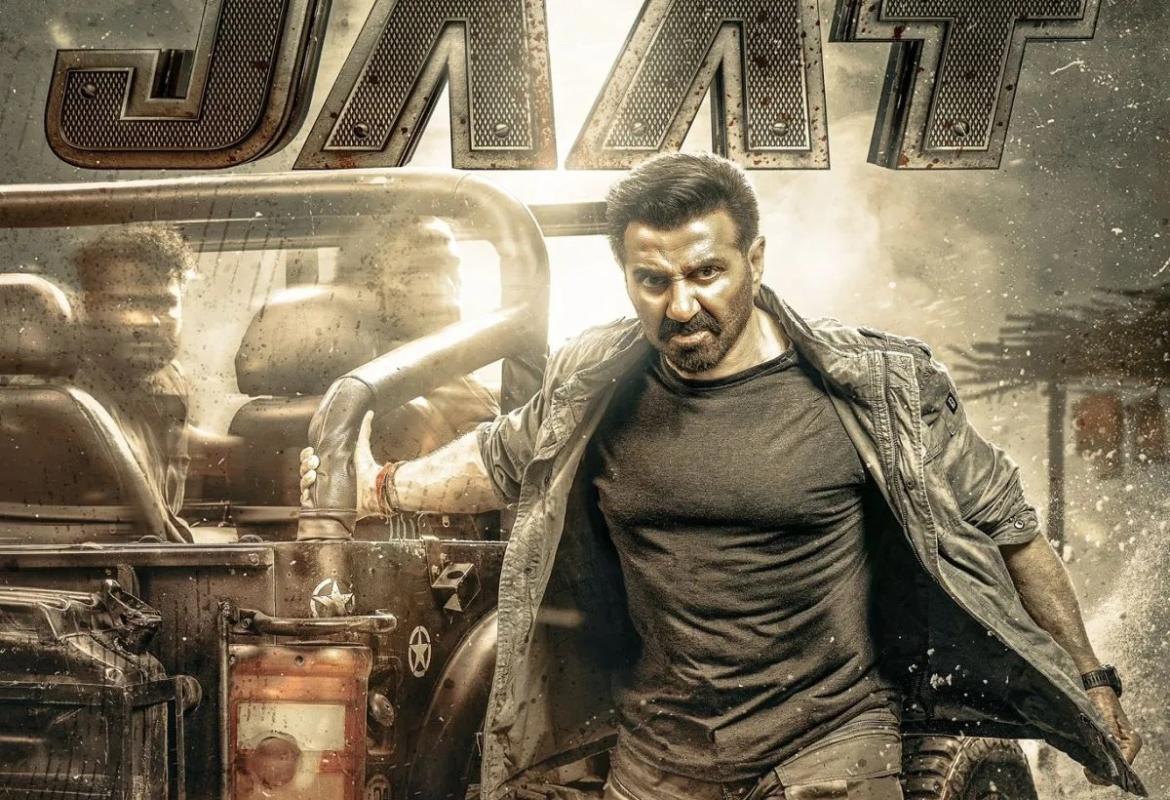Enforced Disappearance – A Tamil Perspective
Speech delivered by Father Elil Rajendran at the BMICH, on October 27, 2015
Members of the families of those forcibly disappeared, distinguished guests, ladies and gentlemen.
I would like to thank the organising committee for the invitation to deliver this speech on Enforced Disappearance from a Tamil perspective.
I will start with the story of a Tamil mother - Chandra. Her life changed forever just before midnight on 11th of September 2008. Armed men broke into the house where her 24 year old son Jasinthan was sleeping and took him away in white van. There is only one road leading to the area where she lives and there is no way armed men could have taken away her son without the security forces knowing.
But for the last 7 years Chandra’s life has been spent searching for her son. This may sound futile after so many years but she has good reason to believe that his son is still alive. Three years ago she saw a video of him in hospital with his front teeth smashed . In January this year she recognised him among several men in a photograph showing detainees at Welikada Jail. And yet she still cannot locate him. She lives in limbo and says if he had died it would have been easier to accept than this.

